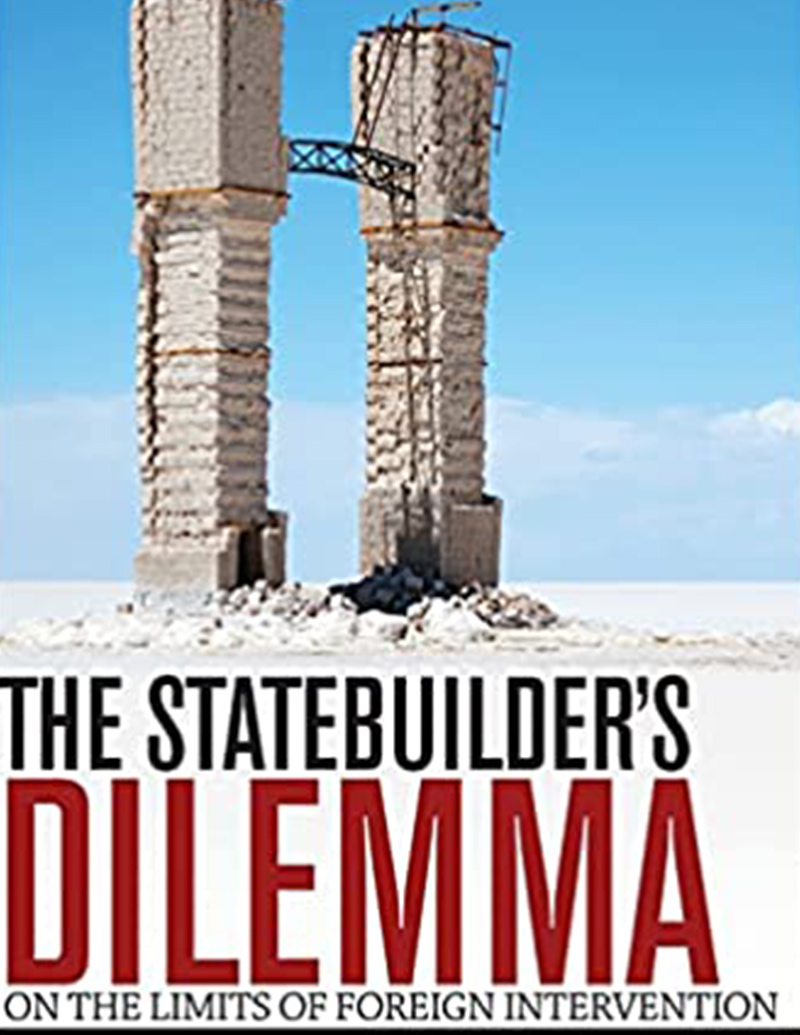The Statebuilder’s Dilemma: On the Limits of Foreign Intervention

From IGCC affiliate David Lake (UC San Diego), The Statebuilder’s Dilemma addresses the key tradeoff between legitimacy and loyalty common to all international statebuilding attempts.
Available from Cornell University Press.
As rapid military victories over Saddam Hussein and the Taliban became protracted counterinsurgencies, statebuilding emerged as the central objective of US policy, and 2.7 million American service members have since been deployed to Iraq and Afghanistan. Reliable estimates place the direct and indirect costs of the wars in Iraq and Afghanistan at nearly $5 trillion, with costs continuing to mount. Over 6,800 US troops have died in these conflicts, as have approximately 7,000 contractors. The Costs of War project estimated in 2015 that 31,000 Afghan and 104,000 Iraqi civilians have died violent deaths. Yet in neither Iraq nor Afghanistan has anything resembling stable statehood emerged.
This lucidly argued book by David Lake seeks to make sense of these disasters. Proceeding from the observation that statebuilding “fails more often than it succeeds,” Lake seeks to explain why and to impress upon scholars and policymakers the irresolvable difficulties that foreign interveners face in building states through coercive force (p. 3). The Statebuilder’s Dilemma should be read by all international relations scholars for the clear logic of its microfoundations and for the innovative ways in which the author applies the insights of relational contracting to a major problem in contemporary international relations.